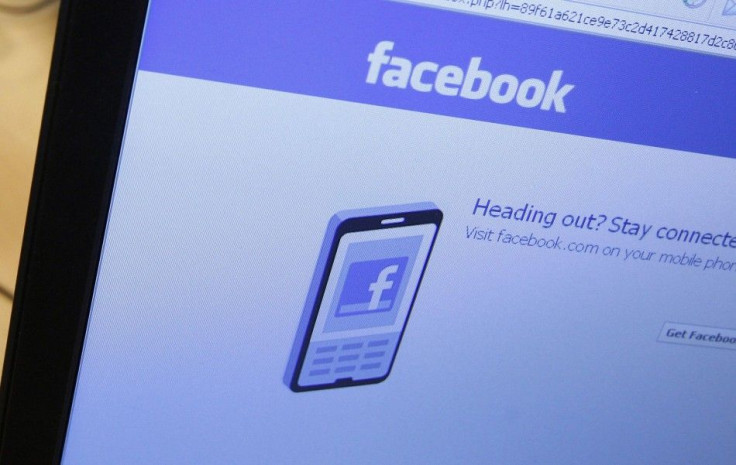Facebook supports Gay couples with 'civil union' status

Sending out a clear message in support of gay and lesbian couples to users across the globe, social networking giant Facebook has added extra options to 'relationship statuses such as 'In a Civil Union' and 'In a Domestic Partnership'.
Formulated on consultation with leading groups that represent the lesbian, gay, bisexual and transgender (LGBT) communities, the new statuses will become available in countries that have such legal arrangements for same-sex couples, including the U.S., U.K., Canada, France and Australia.
The options, available with immediate effect, will differ in terminology from region to region. While American users in different states will be provided with 'In a domestic partnership' or 'In a civil union', users in the United Kingdom will have the option that reads 'In a civil partnership'.
Civil Union refers to legal recognition of same-sex relationships. It is synonymous with other terms such as 'registered partnership' and 'civil partnership'. Civil unions grant same-sex couples equal rights to married couples.
Countries where same-sex marriage is legal are Netherlands, Argentina, Belgium, Canada, Iceland, Norway, Portugal, Spain, Sweden and South Africa. Facebook users in these countries will not see the new relationship status options.
The general relationship statuses offered on the social networking site include single, in a relationship, married, engaged, it's complicated, in an open relationship, widowed, separated and divorced.
GLAAD glad with new statuses
With the introduction of the new relationship statuses, Facebook has strengthened its alliance with the Gay and Lesbian Alliance Against Defamation (GLAAD) and other rights advocacy group.
Today, Facebook sent a clear message in support of gay and lesbian couples to users across the globe, GLAAD President Jarrett Barrios said in a statement.
By acknowledging the relationships of countless loving and committed same-sex couples in the U.S. and abroad, Facebook has set a new standard of inclusion for social media. As public support for marriage equality continues to grow, we will continue to work for the day when all couples have the opportunity to marry and have their relationship recognized by their community, both online and off.
GLAAD was among the many LGBT organizations that met with Facebook to push for the change.
Facebook boasts of what it calls 'Network of Support' in association with GLAAD, MTV's A Thin Line campaign; the Human Rights Campaign (HRC); the Trevor Project; the Gay, Lesbian and Straight Education Network (GLSEN); and Parents, Families & Friends of Lesbians and Gays (PFLAG).
In October 2010, the 'Network of Support' launched an educational initiative to combat anti-LGBT cyberbullying.
In light of recent tragedies involving youth who have taken their own lives as a result of anti-LGBT bullying, we felt it necessary to form a 'Network of Support' to help us effectively address issues faced by the lesbian, gay, bisexual, and transgender community, Facebook said back then.
The campaign had a simple six-point formula: Block bullies, Report Harassment, Stick up for others, Think twice before posting, Get help if you feel overwhelmed and Know you're never alone.
The need for campaign to kill anti-LGBT cyberbullying on the social networking site surfaced when GLAAD alerted Facebook on the violent images and hateful comments posted to a event page dedicated to anti-gay bullying, called 'R.I.P. In memory of the recent suicides due to gay abuse, wear purple.'
As the number of attendees on the event page grew, so did the number of incident reports sent to GLAAD regarding the hateful speech and images posted to the page, GLAAD said in a October 2010 blog.
Clarifying that the freedom of expression that all social media platforms strive to save will not be compromised in its intervention to remove hateful comments, Facebook had said, Facebook is committed to fostering a safe and trusted environment that gives people the freedom to express their opinions and viewpoints. But sometimes, just like in the offline world, people can say offensive or even hateful things online. Hateful comments violate Facebook's policies, and if they are ever posted, people on Facebook are quick to report them and we are quick to respond.
© Copyright IBTimes 2024. All rights reserved.





















